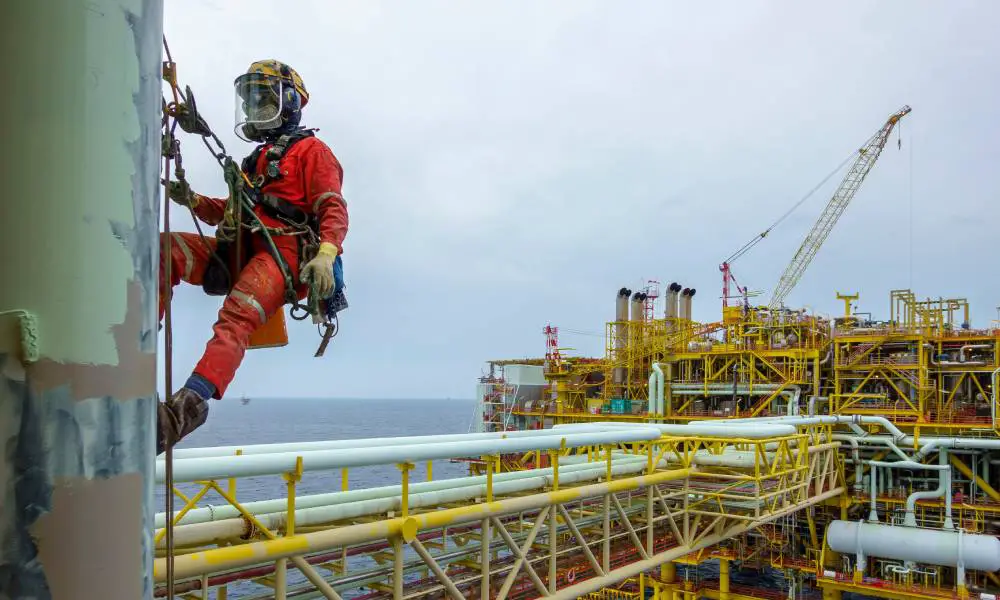

The oil and gas industry is often admired for its significant contribution to global energy needs, but it’s also incredibly misunderstood. Many perceive this field as glamorous, filled with high-paying jobs and adventure. Unfortunately, these perceptions overshadow the harsh realities faced by workers daily. Below, we’re uncovering the hidden risks involved in these job demands and discussing various health hazards connected to oil and gas industry work.
Oil and gas operations often expose workers to harmful gases and chemicals. These substances can cause serious respiratory issues over time. Workers might inhale dangerous fumes such as hydrogen sulfide and benzene, which pose severe health risks.
Some studies suggest that workers in this industry are at a higher risk of developing respiratory illnesses due to prolonged exposure. To safeguard their lungs, workers must use all necessary protective gear and undergo regular health screenings.
Manual handling and repetitive movements define much of the work in the oil and gas sector. Such activities lead to musculoskeletal disorders, affecting a significant number of workers. Awkward postures and heavy lifting contribute to these physical ailments over time.
Preventive measures, such as ergonomic training and proper lifting techniques, can reduce such risks. Employees should also practice regular stretching and take breaks as needed to minimize strain.
Noise levels in drilling and extraction operations are relatively deafening, leading to noise-induced hearing loss. This condition develops gradually and can have long-term effects on workers’ auditory health.
Some research indicates that prolonged exposure to high-decibel environments significantly increases the risk of hearing damage. Workers must wear adequate ear protection and limit their exposure to such environments whenever possible.
The oil and gas industry employs numerous chemicals that become health hazards if mishandled. Exposure often occurs through skin contact or inhalation in poorly ventilated areas.
Such health effects can be severe, including skin irritation, respiratory problems, and long-term diseases. Adopting best practices, such as wearing personal protective equipment and following safety protocols, can minimize exposure, but vigilance is also key.
The demanding nature of oil and gas work takes a toll on mental health as well. Stress, anxiety, and depression are common among workers due to isolation, long shifts, and high-pressure environments.
These factors contribute significantly to mental health challenges within the industry. Promoting mental well-being involves offering support services, fostering a positive work environment, and encouraging open discussions about mental health.
The discussed health hazards highlight the need for a comprehensive approach to worker safety in the oil and gas industry. Addressing both physical and mental health concerns is crucial for improving worker well-being.
By sharing knowledge and advocating for better practices, industry stakeholders will foster a safer working environment. This commitment to health and safety protects workers and enhances the industry’s reputation, challenging the common myths about the industry that often downplay these critical issues.
When it comes to maintaining or upgrading a home, roofing is often one of the…
When it comes to maintaining the integrity and value of your property, a sturdy roof…
When it comes to maintaining and enhancing the integrity of any structure, the quality of…
Rhode Island, renowned for its scenic coastlines and historic architecture, presents unique challenges and opportunities…
A sturdy roof is a crucial component of any building, serving as the first line…
When it comes to maintaining and improving homes, the roof is one of the most…